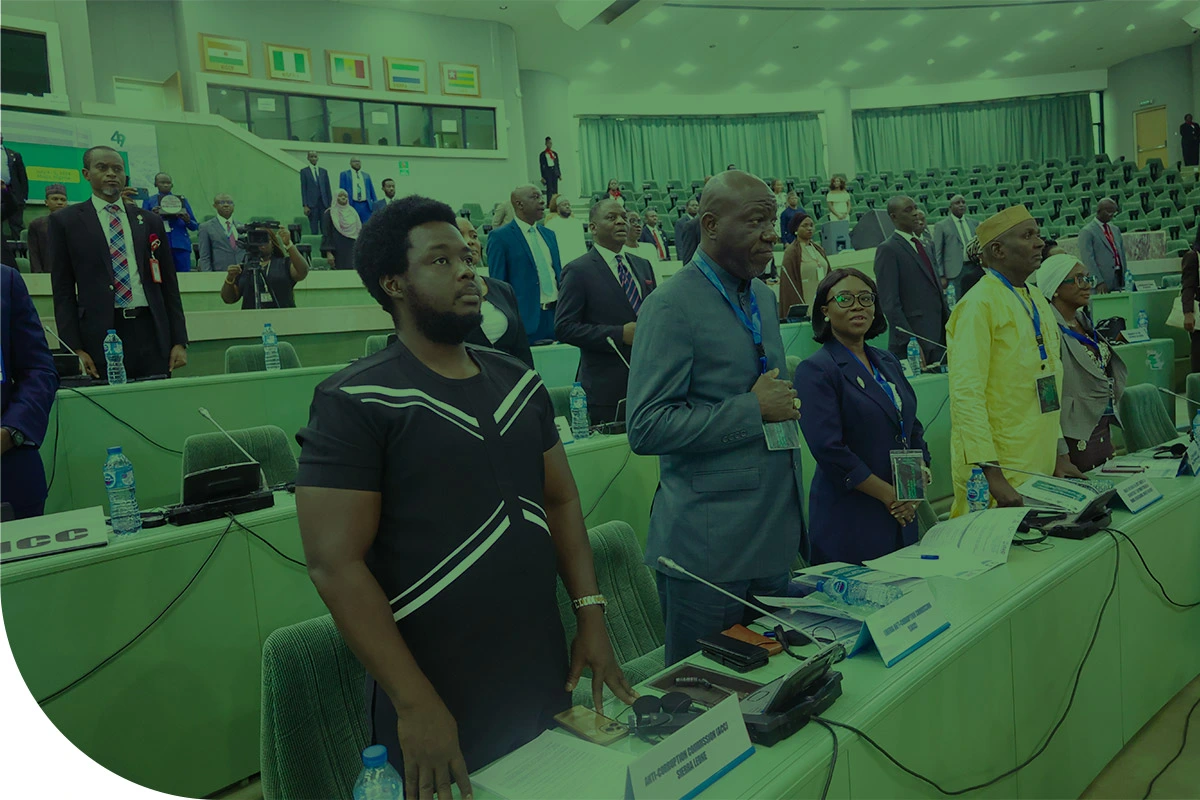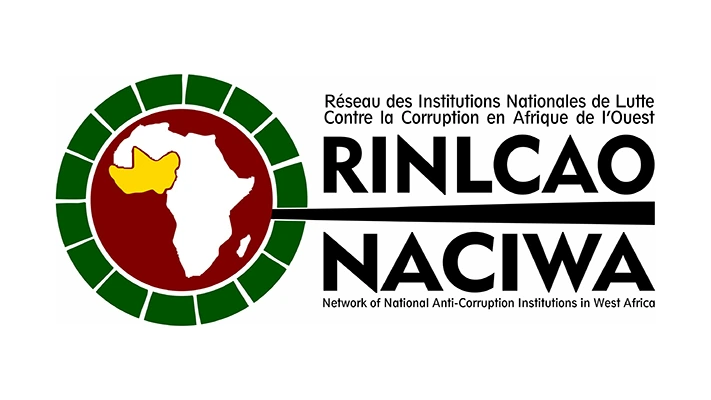The Network of National Anti-Corruption Institutions in West Africa (NACIWA) was established to enhance collaboration among anti-corruption agencies across ECOWAS member states.
As a regional platform, NACIWA fosters coordination, knowledge-sharing, and capacity-building to strengthen the fight against corruption. The network supports the development of effective anti-corruption strategies through training programs, policy advocacy, and joint initiatives.
By promoting transparency, accountability, and good governance, NACIWA works to mitigate corruption’s impact on economic and social development. Through strategic partnerships and collective action, the network empowers member institutions to address corruption challenges and implement sustainable reforms.
The Network of National Anti-Corruption Institutions in West Africa (NACIWA) was established in 2010 under the framework of the Economic Community of West African States (ECOWAS) to enhance regional cooperation in the fight against corruption.
Recognizing the cross-border nature of corruption and its impact on economic growth, governance, and security, ECOWAS member states sought to create a platform for anti-corruption institutions to collaborate, share best practices, and strengthen institutional capacity. Since its inception, NACIWA has played a crucial role in fostering dialogue, harmonizing anti-corruption strategies, and promoting legal and institutional reforms across the region.
Through capacity-building programs, policy advocacy, and joint initiatives, the network has contributed to the development of robust anti-corruption frameworks, reinforcing transparency, accountability, and good governance in West Africa. Over the years, NACIWA has expanded its reach, strengthening partnerships with international organizations and regional bodies to enhance the effectiveness of anti-corruption efforts in ECOWAS member states.
NACIWA aims to mobilize political support and resources needed to strengthen an anti-corruption culture and fight in the West African region for sustainable economic, social and cultural development.
Our Objectives
Inter-agency Cooperation
Promote inter-agency cooperation in the fight against corruption.
Strengthen capacity and independence
Strengthen the capacity and independence of existing national anticorruption institutions and encourage those West African states that do not have one to create one.
Develop and Harmonize
Develop and harmonize the legal, regulatory and administrative provisions between national institutions for the proper functioning of the Network.
Promote Strategic Thinking
Promote thought, research and strategic thinking on the fight against corruption in West Africa and exchange experiences, good practices, standardized tools, techniques and approaches in the field of fight against corruption.
Engage Member Institutions
Engage member institutions, civil society, as well as ECOWAS and other relevant international organizations in the operationalization of the fight against corruption.
Implement UN Convention Provisions
Work to implement the provisions of the UN Convention, the African Union and the ECOWAS Protocol on the fight against corruption.
Develop Standards and Principles
Develop standards and principles governing professional practice within the network and consider defining an index to measure the level and evolution of standards.
STRATEGIC PLAN
Strategy One
Promote inter-agency cooperation in the fight against corruption;
Strategy Two
Strengthen the capacity and independence of existing national anti-corruption institutions and encourage those West African states that do not have one to create one;
Strategy Three
Develop and harmonize the legal, regulatory and administrative provisions between national institutions for the proper functioning of the Network;
Strategy Four
Promote thought, research and strategic thinking on the fight against corruption in West Africa and exchange experiences, good practices, standardized tools, techniques and approaches in the field of fight against corruption;
Strategy Five
Engage member institutions, civil society, as well as ECOWAS and other relevant international organizations in the operationalization of the fight against corruption;
Strategy Six
Work to implement the provisions of the UN Convention, the African Union and the ECOWAS Protocol on the fight against corruption;
Strategy Seven
Develop standards and principles governing professional practice within the network and consider defining an index to measure the level and evolution of standards;
Strategy Eight
Identify and implement any other goals determined by the members.
OUR GUIDING PRINCIPLES
– Equality and independence of national anti-corruption institutions in the functioning of the Network;
– The autonomy of each national institution in the exercise of their respective mandates
– The democratic functioning of the Network;
– The search for consensus and respect for regional diversity.
– Transparency and accountability in the management of the Network;

